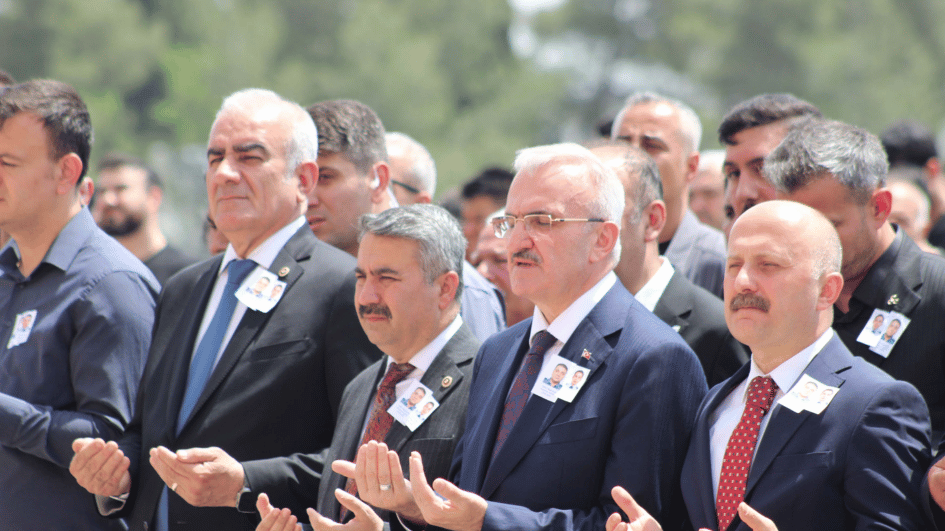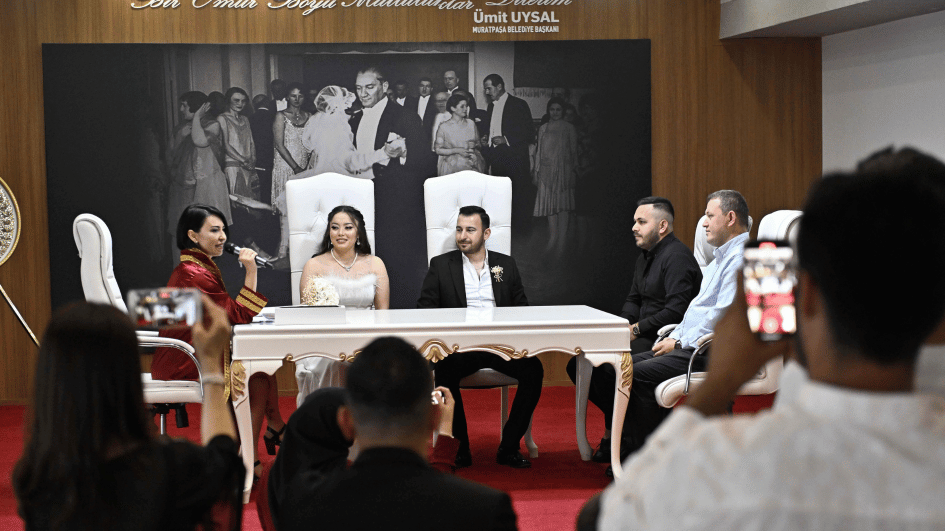Mubarak as initiator of Arab Spring
Hosni Mubarak is on trial. His country is in transition, and the youth of Tahrir Square is lost in disillusionment. I have been looking at the photos of Mubarak facing prosecution on his sick bed. It’s tragic, but what goes around comes around, I suppose. A new study by Fabrice Murtin and Romain Wacziarg on “The Democratic Transition” has appeared on the website of the National Bureau of Economic Research (www.nber.org). I recommend everyone to take a look at it. After reading it, I have come to the conclusion that it is Hosni Mubarak himself who initiated the Arab Spring transformation in Egypt. The improvement of Egypt in the last 30 years in the 2010 Human Development Report (HDR) alone is mind boggling.
The study’s major finding is that modernization, as measured by income per capita and educational attainment, affects democracy (that is in the long run, of course, when we will all be dead.) The data set covers the period between 1870 and 2000. Primary education is considered to be a robust determinant of democracy over the long term. The study reminds me of the 2010 HDR findings. There was a box on Arab countries in the report. It showed that there were six Muslim majority countries (Oman, Indonesia, Saudi Arabia, Tunisia, Morocco and Algeria) among the top 10 human development performers around the globe in the last 40 years. Over the three decades of Mubarak’s rule, Egypt was the eighth highest performing country among the 135 countries studied. It may be true that Mubarak made a big mess during his 30 years in power, but Egypt outperformed Turkey during his time, as did Tunisia. Turkey is ranked 25th among a total of 135 countries. That covers all human development indicators.
The United Nations Development Program has published the HDR every year since 1990. According to the human development report, living a ”humane life” refers to living in a society composed of individuals who have a certain life expectancy, enjoy a sufficient per capita income, and improve their skill sets in line with the global educational standards. The race to this end has recently been led by Arab and Muslim majority countries. That makes me start considering the tragedy of Mubarak. Perhaps I should ask my Egyptian friends for help.
If you invest heavily in human capital, missing links, such as democracy, are built by the people themselves. This can be an unintended consequence in our new global village. Thanks to the late Steve Jobs, computer literacy has jumped, eroding the digital divide. This is a new era where the number of “those who know” is increasing. Are those who know equal to those who don’t? They are not. Those who know start questioning police treatment and living conditions of their hometowns.
These days some people talk about a possible Kurdish Spring. Maybe it would be a good idea to compare the HDR rankings of Arabs and Kurds in the last 30 years, as a start.
Advice for Iran? Stop building schools. Ban the internet. Confiscate all iPads.











